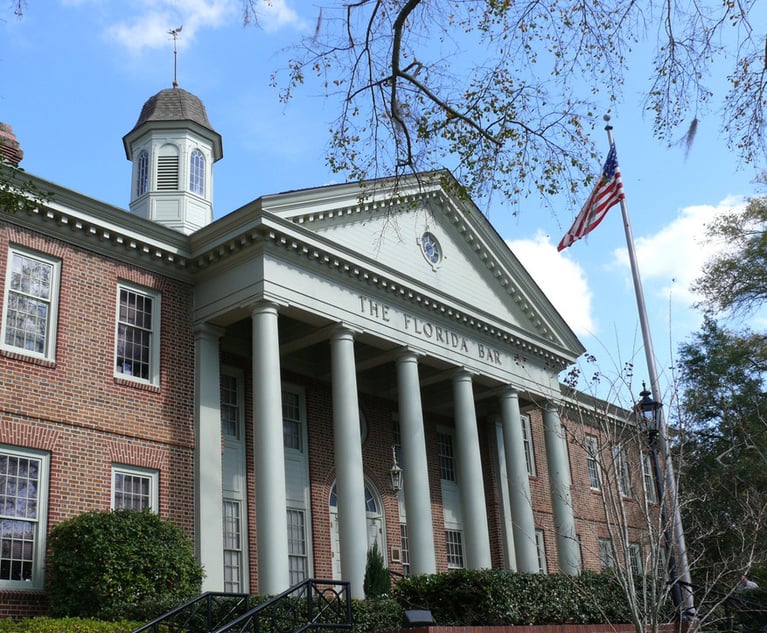In the Sixth Amendment in the United States’ Bill of Rights, criminal defendants are guaranteed certain rights, including the right to an impartial jury. However, in today’s age of info-tainment, the never-ending news cycles bombard potential jurors, judges, arbitrators, and other judicial actors with information—or misinformation—that can bias their decision-making. Consider the Johnny Depp defamation suit against his ex-wife, Amber Heard—two famous celebrities with their own legion of adoring fans locked into a very public trial that has a lot of media attention. How does a juror maintain impartiality when they are bombarded with media opinions and stories like Amber Heard’s IMDB page being changed to “Amber Turd”? This begs the question further, can we even hope to find an impartial juror in the age of social media?
It’s a stunning question that most people would shy away from considering. Most courtroom cases do not involve celebrities or other famous people, but consider how “Google-able” each one of us is to a potential juror. Some argue that jury questionnaires are specifically designed to weed out biased juror candidates. For instance, the OJ Simpson trial had a seventy-five page questionnaire because of the famous nature of the defendant. If you read through it, it does ask questions like have you ever seen OJ play football? Or as an actor? Spokesperson? How about the question: Do you follow football? Do you like or hate the University of Southern California? The likelihood is that we’ll find 12 to 15 people who have not been influenced in some capacity seems unlikely.


 (Photo: Shutterstock.com)
(Photo: Shutterstock.com)




